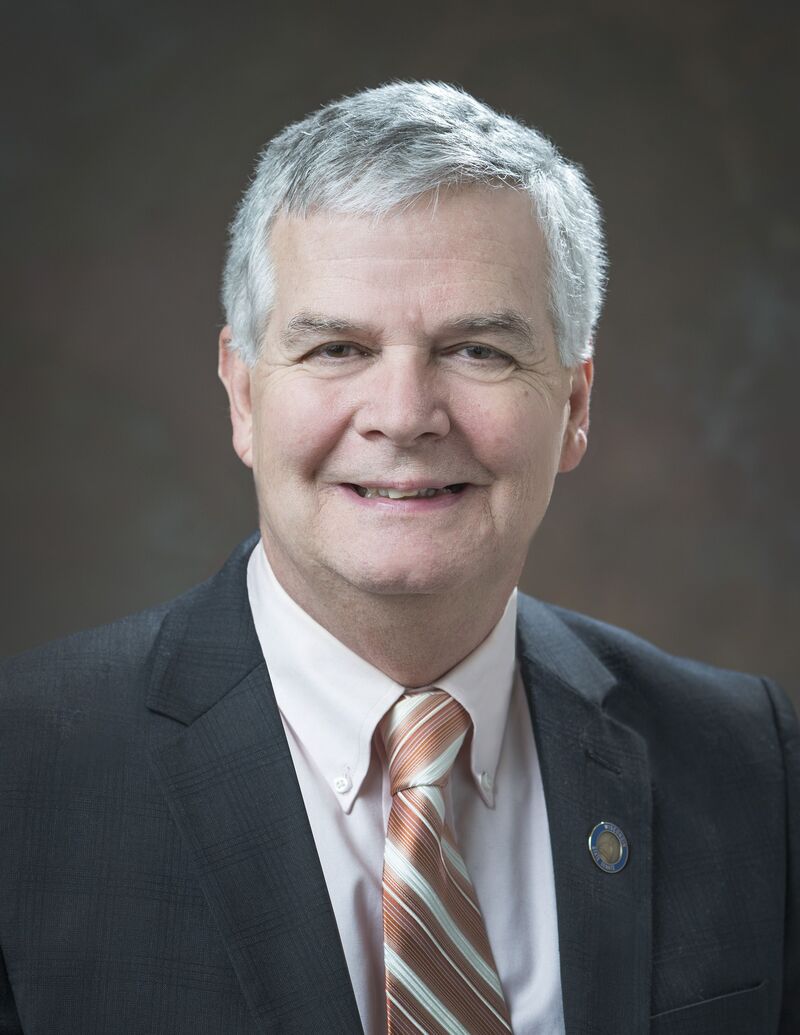As leaders and policy makers in Wisconsin it is our job to ensure that our state government and operations run smoothly. Our agencies must be funded properly, people must be paid and projects should be moving forward in a timely fashion. It doesn’t need to be complicated. There are processes in place that have worked for decades.
The process begins with the presentation of the budget proposal from Governor Evers in the administrative branch to Wisconsin’s legislative branch. The legislative process is headed by the Joint Finance Committee (JFC), a 16-member bipartisan group of legislators, which reviews and makes recommendations based on the Governor’s budget proposal. These recommendations are then voted on by all members of the legislature before returning to the governor for his or her approval. Sounds simple, right?
Often overlooked in this process is the approval of the Governor’s capital budget requests by the State Building Commission. This commission is made up of the governor, a 6-member bipartisan group of legislators from the Senate and Assembly, and one private citizen appointed by the governor.
The commission is responsible for the state’s building program by approving and managing construction and improvement projects for our state buildings that play a vital role for communities throughout Wisconsin. The legislative members of the commission vote on building funding proposals and share their recommendations with JFC for final approval of the capital budget requests.
Members of the State Building Commission have a history of working closely with each other to make sure these major projects go smoothly. It was always one place where partisanship did not usually blind the needs of progress.
For instance, during the early years of the Doyle administration (when the Republicans controlled both houses as they do today) the State Building Commission worked together and approved capital projects without any political ambitions getting in the way. The Commission was instrumental in funding key projects to support our higher education and healthcare facilities. That was 2003 and 2005. This is 2019.
On March 18th and 19th, the State Building Commission subcommittees met to vote on the capital requests from agencies to be included in the budget. All members of both subcommittees voted unanimously on the requested projects. However, something happened in the next 24 hours and the Republicans had a change of heart.
The commission began to vote on each individual item on the list. One by one, the votes were taken and each vote ended the same. While the two Democratic legislators, Governor Evers and the private citizen voted to approve each item, the 4 Republicans voted “no” on important projects, including the renovation of Phillips Science Hall at UW-Eau Claire. The tie meant no action taken. Thus, these projects are left in limbo and will be sent to the JFC without the Building Commission's recommendation.
This hasn’t happened before. The locked step negative vote really signals a change and raises a lot of questions. Is there any hope that our legislature can really work together in this shared government? Can the elected legislators in the Republican caucus stand up against the leaders that don’t have their constituents’ best interests at heart? How will this affect the budget process moving forward?
After Governor Evers introduced “The People’s Budget” on February 28th, we heard the usual rhetoric from opposition leaders referring to it as a non-starter. It’s a shame that partisan politics is getting in the way of the historical investments Governor Evers proposed. Improvements in our state’s infrastructure should be an issue that we all rally behind. Previous State Building Commissions worked together to approve projects that have made positive impacts in our local communities. We’ve seen the powerful result of a compromise in the past. Now it’s time to be the leaders we were elected to be for the future of Wisconsin.



Add new comment